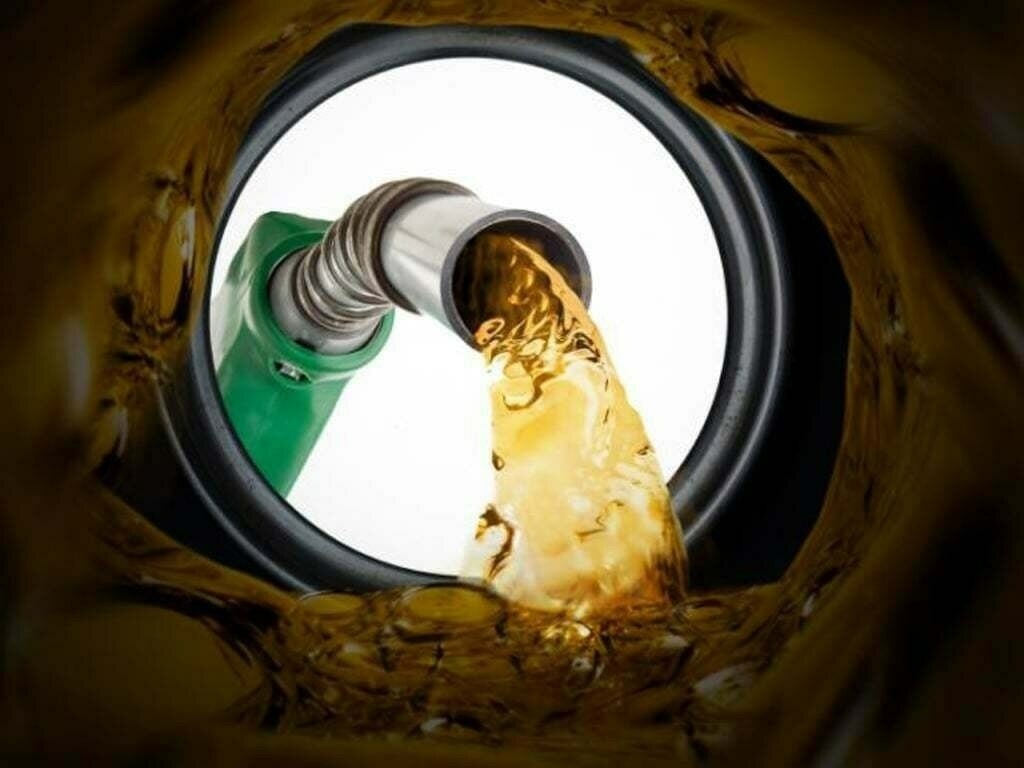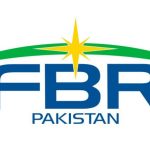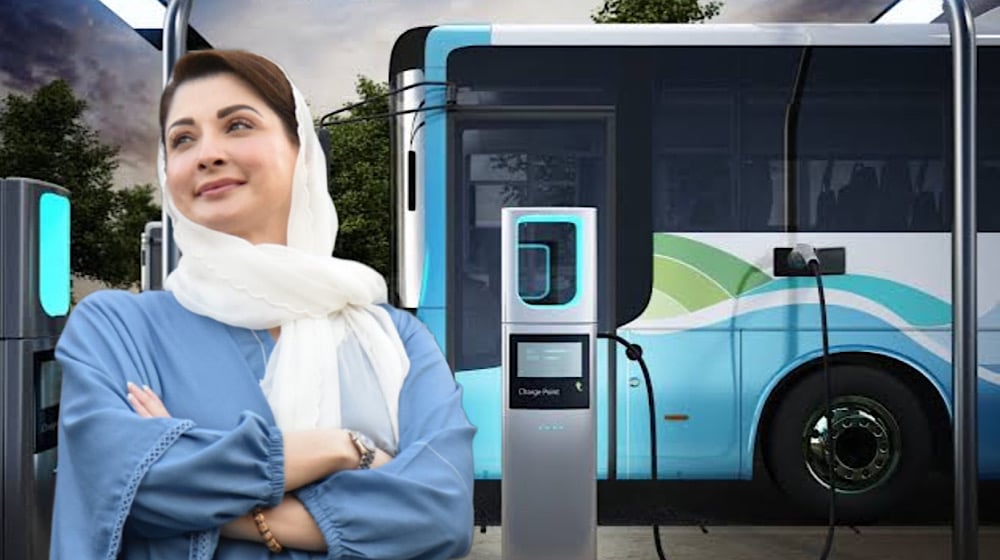Islamabad, Pakistan – Amidst rising global oil prices, the federal government in Islamabad is deliberating a substantial uptick in Petrol Price Hike, potentially reaching an increase of up to Rs10 per litre. This decision, slated to take effect from April 1, 2024, is poised to exacerbate the financial strain on the populace at large.

The recent surge in petrol costs can be traced back to a surge in premium crude oil rates, escalating from $12.15 per barrel to $13.507 per barrel, translating to a notable increment of $1.45 per barrel.
Should the government fully transfer this impact to the masses before Eid-ul-Fitr, petrol prices could surpass those of high-speed diesel (HSD), soaring from Rs279.75 to Rs289.75 per litre. Additionally, an Inland Freight Equalization Margin (IFEM) of Rs5.01 per litre is anticipated on petrol.

Should the government fully transfer this impact to the masses before Eid-ul-Fitr, petrol prices could surpass those of high-speed diesel (HSD), soaring from Rs279.75 to Rs289.75 per litre. Additionally, an Inland Freight Equalization Margin (IFEM) of Rs5.01 per litre is anticipated on petrol.
Contrarily, there might be a slight Rs1.30 decrease in HSD prices, with an IFEM projection of Rs3.76 per litre.
Kerosene oil (KERO) and light diesel oil (LDO) prices are expected to remain stable at Rs188.66 and Rs168.18 per litre, respectively.
The Oil and Gas Regulatory Authority (OGRA) is scheduled to submit its recommendations on petroleum prices on March 31, 2024, with the federal government set to announce the final pricing based on these suggestions.
It’s worth noting that this projected rise in petroleum product prices is anticipated to unfold without the proposed imposition of an 18 percent general sales tax (GST). However, if such a tax is enacted, it could lead to an additional surge of up to Rs50 per litre on petrol alone.

This price surge is anticipated sans an 18% GST imposition, potentially increasing petrol rates by an extra Rs50 per litre if implemented.
Presently, a Rs60 per litre petroleum levy (PL) comprises 21.4% of the current petrol price.
While the IMF advocates for removing tax exemptions on all items, including petroleum, no sales tax proposals on petrol are currently under review at FBR.
However, an 18% GST on HSD could inflate rates by Rs53 per litre.
Since February 2022, the federal government has upheld a zero GST rate on petroleum products, a policy that the International Monetary Fund (IMF) has urged Pakistan to reconsider.
Despite these recommendations, no formal proposals have been tabled to impose sales tax on petroleum products, as affirmed by an official from the Federal Board of Revenue (FBR).
Nonetheless, projections indicate that an 18 percent sales tax on petroleum products could yield monthly revenues ranging between Rs21 billion to Rs25 billion, based on prevailing consumption patterns.









